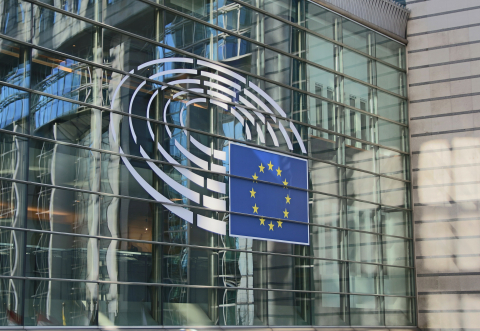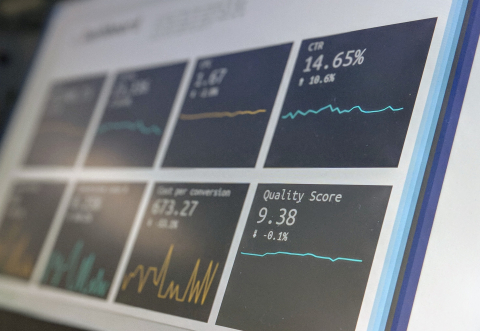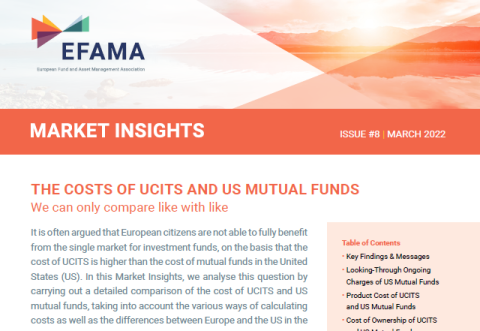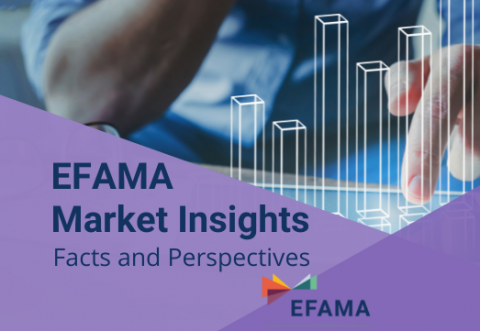EU Fund regulation
The EU fund product landscape is deep, diverse and dynamic. Since the birth of the UCITS framework in 1985, European institutions have progressively refined it into a global “gold standard”, one that successfully balances strict regulatory requirements with the flexibility required by manager to meet evolving client demands. The successful evolution of UCITS was followed by the creation of alternative investment funds (AIFs) under the 2011 AIFM Directive, adding a second important pillar to EU fund/manager regulation. Building on this second pillar are further ambitious EU fund products, such as EUSEFs, EUVECAs and ELTIFs. EFAMA has helped guide all of these key regulatory developments, informing policymakers and regulators on their main merits and drawbacks, while also keeping a close eye on their respective review initiatives.
EFAMA strongly supports a fundamental review to the ELTIF regime, in view of broadening its eligible investment universe and adapting it to better meet retail investor needs. We are also closely monitoring the review of the AIFM Directive from a product regulation standpoint, including possible spillover effects on the UCITS Directive requirements. Further work involves keeping pace with relevant ESMA initiatives, such as the work around the Common Supervisory Action on costs and fees for UCITS.
Joint letter on use of UCITS KIIDS for MOPS
EFAMA Response to the EBA Consultation on draft Guidelines on outsourcing arrangements
EFAMA Response to the IOSCO Consultation on CIS Liquidity Risk Management Recommendations (CR04/2017)
EFAMA Director General to speak at the FT's Future of Asset Management Summit
EFAMA's Director General Tanguy van de WERVE will speak at the Financial Times's Future of Asset Management Summit on 28 May this year.
He will take part in the panel addressing the question 'How are asset managers preparing for the pace of regulatory change?'.
More details will be made available here: Agenda - Future of Asset Management 2021 (ft.com)
European Statistics Q4 2020 | 2020 Trends | Inflows into UCITS and AIFs bring European fund assets to an all-time high
The European Fund and Asset Management Association (EFAMA) has today published its Investment Fund Industry Fact Sheet for Q4 of 2020, together with an overview of the full year.
The main developments through the quarter are as follows:
Monthly Statistics December 2020 | UCITS and AIF ended 2020 with record net sales in December
The European Fund and Asset Management Association (EFAMA) has published its Investment Fund Industry Fact Sheet for December together with an overview of the net sales data for UCITS and AIFs in 2020.
Thomas Tilley, Senior Economist, commented on the December figures: “Net sales of UCITS and AIFs surged to an absolute record in December 2020, as investor confidence in a successful exit from the Covid-19 crisis continued to strengthen.”
The main developments in December are as follows:
The costs of UCITS and US mutual funds | Market Insights | Issue #8
It is often argued that European citizens are not able to fully benefit from the single market for investment funds, on the basis that the cost of UCITS is higher than the cost of mutual funds in the United States (US). In this Market Insights, we analyse this question by carrying out a detailed comparison of the cost of UCITS and US mutual funds, taking into account the various ways of calculating costs as well as the differences between Europe and the US in the way investment funds are distributed.
Asset Management Report 2021
This is our 13th edition of the Asset Management in Europe report, which provides an in-depth analysis of recent trends in the European asset management industry, focussing on where investment funds and discretionary mandates are managed in Europe.
Fund managers retain only 41% of the total cost paid by retail investors | Market Insights | Issue #6
EFAMA has released its latest Market Insights report titled “Perspective on the costs of UCITS”. The full report breaks down the costs of UCITS, focusing on the fees charged for the different services provided along the investment fund value chain and distinguishing between the product cost for which fund managers are directly responsible, and the

































